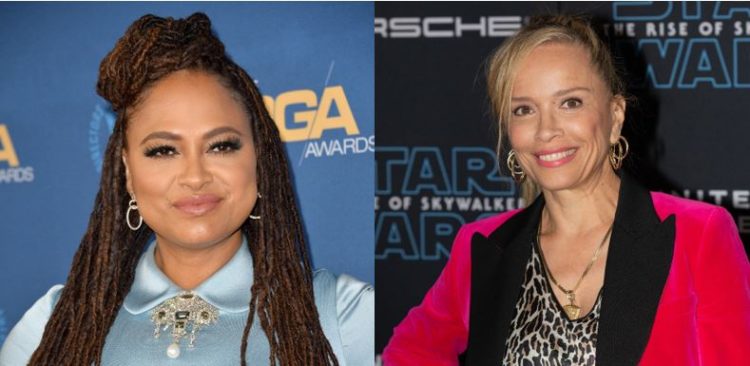

Lilith cannot convince anyone else of what she thinks because she is black and a woman.

But humanity has no desire to learn from its mistakes- the people in this book are distrustful, carrying forward all the same hatreds and prejudices that doomed humanity the first time around. Humanity has been destroyed by nuclear war, and the survivors are only alive by the grace of the Oankali, a race of aliens who need our genetic material to survive. One thing that resonated, though, was the apocalypse, which is when that unification and cohesion would come to pass: "The end of the old earth and the descent of the final destroying fires was an event all black men could look to with Christian joy and with a firm confidence that freedom would follow" (49). The isolated black folk looked to religion as a unifying myth that could provide social cohesion" (43-4).


This is not my area of expertise, but there's a great article on the topic by Houston Baker called "Freedom and Apocalypse: A Thematic Approach to Black Expression." Baker says that denied access to their own ancestral mythology, African-Americans had to make use of Christianity's, but that wasn't exactly readily available either: "The black folk on small farms, on large plantations, and in the cities of America, having effectively been isolated from West African culture, were denied meaningful participation in white culture by proscriptive and dehumanizing laws. This is true of African-American apocalypses as well. but everyone in the book seems to think they will. There's a weird sort of utopian optimism that underlies the postapocalyptic story, even, say The Walking Dead, where things go round and round and never get resolved. So many postapocalyptic stories seem bleak, but in the long run cop out on that, probably because of what Claire Curtis says, that "hey provide both the voyeuristic satisfaction of terrible violence and the Robinson Crusoe excitement of starting over again" (6). As a piece of postapocalyptic literature, it's even bleaker than most. Way back in summer 2016, when I taught my class on apocalyptic and postapocalyptic literature, one of the novels I elected to teach was Octavia Butler's Dawn.


 0 kommentar(er)
0 kommentar(er)
